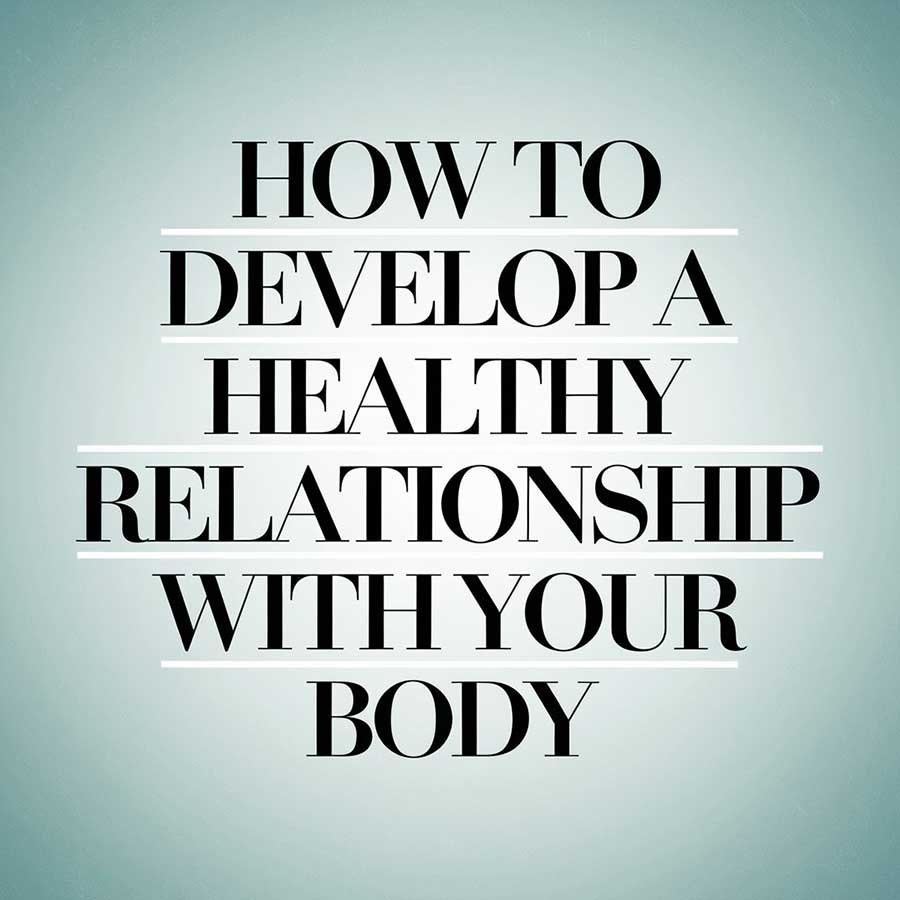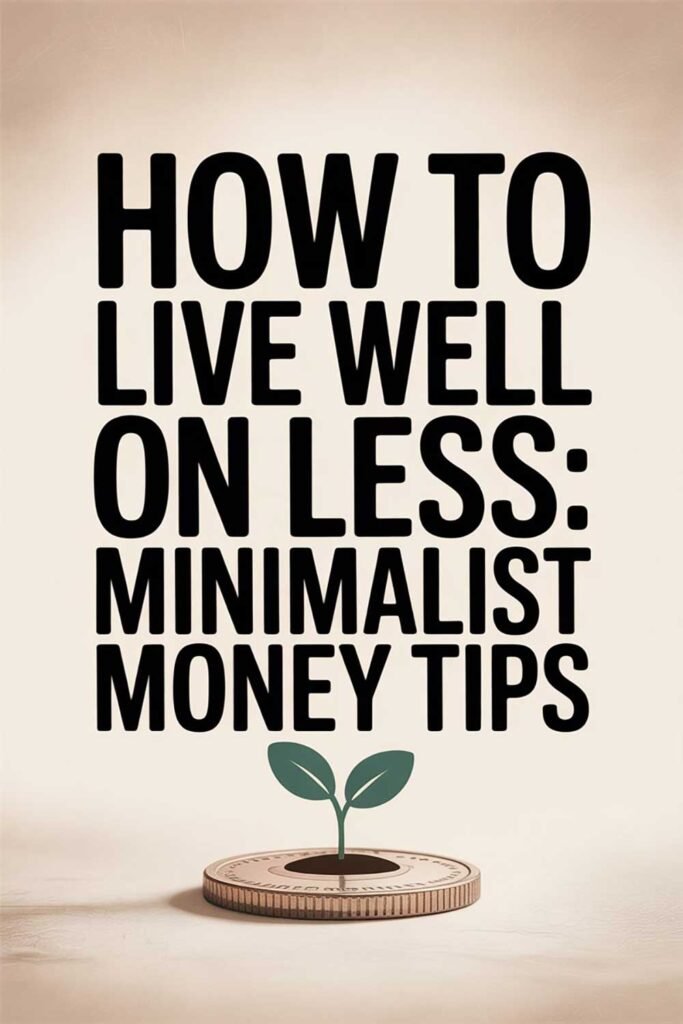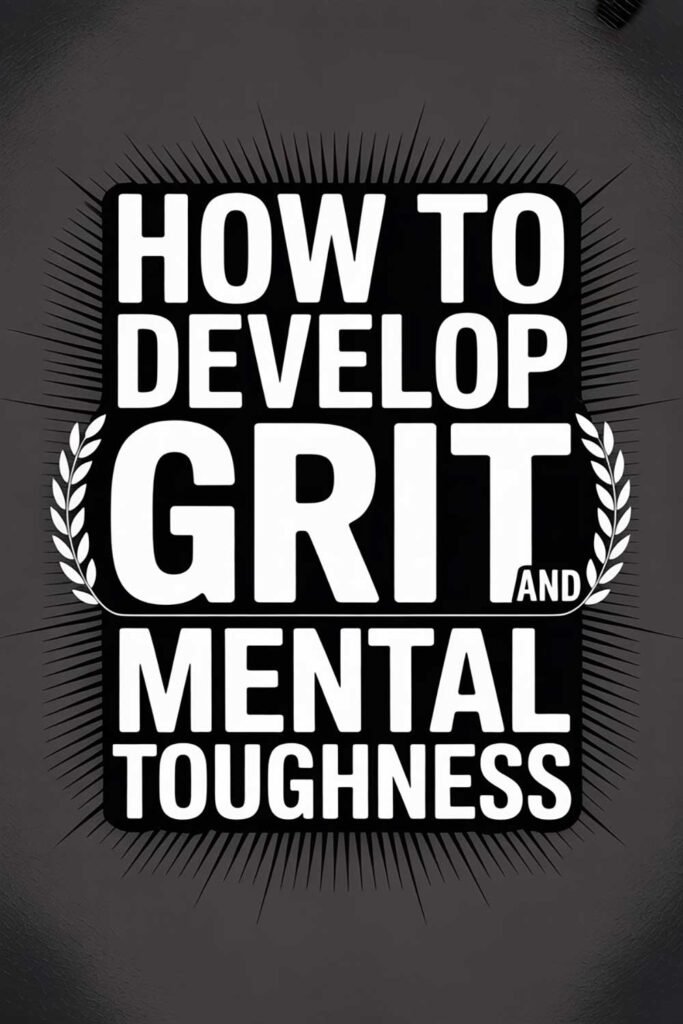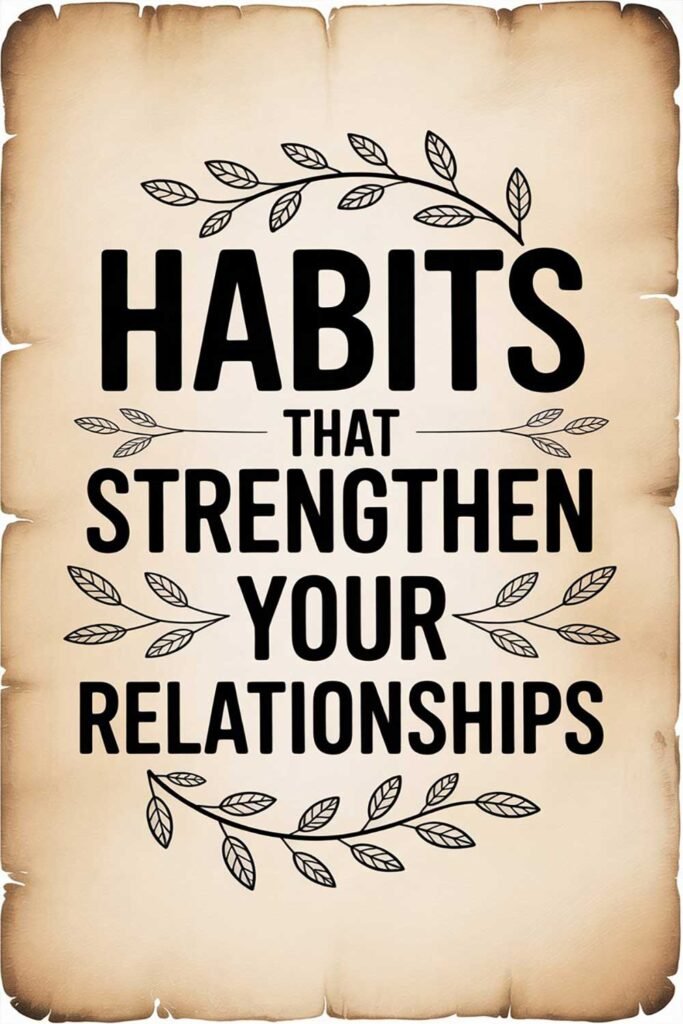
How to Develop a Healthy Relationship with Your Body
Understanding Your Relationship with Your Body
Your relationship with your body is one of the most important connections you will ever have. It affects your self-esteem, mental health, and overall well-being. Developing a healthy relationship with your body means learning to appreciate it, treat it with kindness, and prioritize self-care rather than self-criticism.
Why a Healthy Body Relationship Matters
1. Boosts Self-Confidence
When you accept and respect your body, you naturally feel more confident and empowered in your daily life.
2. Reduces Stress and Anxiety
Self-acceptance eliminates the pressure to meet unrealistic beauty standards, reducing stress and mental exhaustion.
3. Encourages a Positive Mindset
A healthy perspective on your body fosters gratitude and appreciation rather than self-judgment.
4. Promotes Overall Well-Being
Treating your body with care encourages balanced eating habits, regular movement, and self-care practices that support long-term health.
Steps to Develop a Healthy Relationship with Your Body
1. Practice Self-Compassion
Be kind to yourself. Recognize that your worth is not determined by your appearance. Instead of harsh criticism, treat yourself with the same kindness you would offer a friend.
2. Shift Your Focus to Functionality Over Appearance
Your body is more than just how it looks—it’s what allows you to move, think, create, and experience life. Appreciate what your body does for you each day.
3. Limit Exposure to Unrealistic Beauty Standards
Unfollow social media accounts that make you feel insecure. Instead, engage with content that promotes body diversity and self-acceptance.
4. Speak Positively About Your Body
Your words have power. Avoid negative self-talk and replace it with affirmations like:
- “My body is strong and capable.”
- “I am more than my appearance.”
- “I choose to nourish and care for my body.”
5. Engage in Joyful Movement
Exercise should be about feeling good, not punishment. Find activities that you enjoy, whether it’s dancing, yoga, walking, or swimming.
6. Nourish Your Body Without Guilt
Eat in a way that makes you feel energized and satisfied. Listen to your body’s hunger and fullness cues without strict dieting rules.
7. Wear Clothes That Make You Feel Comfortable
Dress in a way that makes you feel confident and at ease rather than forcing yourself to conform to trends that don’t suit you.
8. Surround Yourself with Positive Influences
Spend time with people who support and uplift you rather than those who reinforce body negativity.
9. Prioritize Self-Care
Taking care of your body isn’t just about fitness and food—it also means getting enough rest, reducing stress, and engaging in activities that bring you joy.
10. Seek Professional Support When Needed
If you struggle with body image issues, consider talking to a therapist or counselor who can help you develop healthier thought patterns.
Picture This
Imagine waking up in the morning and looking in the mirror without judgment. Instead of fixating on imperfections, you appreciate your body for all it does for you. You treat yourself with kindness, move in ways that bring joy, and nourish your body without guilt. With each passing day, you grow more confident, knowing that your body is worthy of love and respect just as it is.
Share This with Someone Who Needs It
If this guide inspired you, share it with a friend or loved one who could benefit from developing a healthier relationship with their body. Together, we can cultivate self-acceptance and body appreciation.






